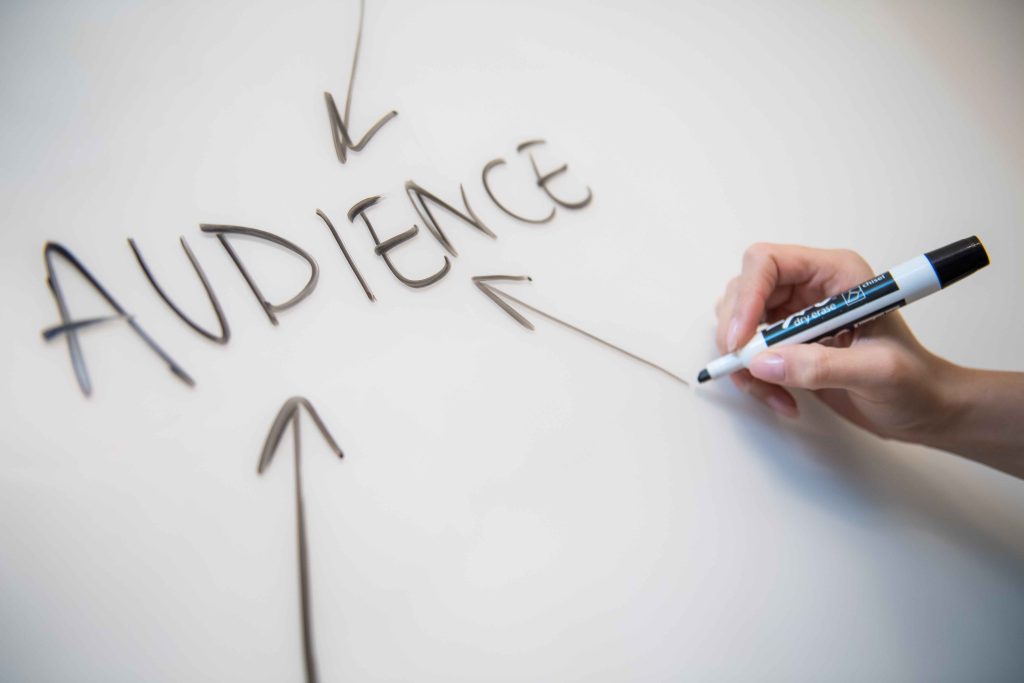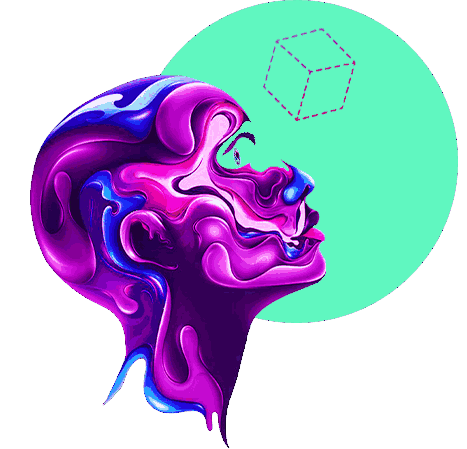The Symbiotic Relationship: The Role of Digital Marketing in AI

INTRODUCTION
In today’s digital landscape, the realms of digital marketing and artificial intelligence (AI) have become intricately intertwined. As technology continues to evolve, businesses and marketers are increasingly relying on AI to enhance their digital marketing strategies. In this article, we’ll explore the pivotal role of digital marketing in AI and how it’s shaping the future of online advertising and customer engagement.
Personalization at Scale
One of the most significant contributions of AI to digital marketing is the ability to deliver personalized content at scale. AI algorithms can analyze vast amounts of data, from customer behavior to online interactions, and use this information to tailor marketing messages and recommendations. By understanding individual preferences and behaviors, digital marketers can create highly targeted and relevant campaigns, resulting in improved customer experiences and higher conversion rates.

Predictive Analytics
AI-driven predictive analytics tools enable digital marketers to make data-driven decisions. By analyzing historical data and identifying patterns, AI can provide insights into future trends, consumer behavior, and market dynamics. Marketers can use this information to optimize ad campaigns, forecast demand, and allocate resources more effectively. This not only saves time and resources but also leads to higher ROI.
Chatbots and Virtual Assistants
Chatbots and virtual assistants, powered by AI, are revolutionizing customer service and engagement. These AI-driven tools can interact with customers in real-time, answer questions, and provide support, enhancing user experiences and driving customer satisfaction. Additionally, chatbots can capture valuable customer data, which can be used for further marketing initiatives.
Content Generation and Curation
AI has the ability to create and curate content, making it easier for digital marketers to maintain a consistent online presence. Content generation tools can produce articles, social media posts, and product descriptions, saving time and resources for content creators. Content curation, on the other hand, allows marketers to identify and share relevant content from various sources, establishing credibility and providing value to their audience.
Improved SEO
Search engine optimization (SEO) is a critical aspect of digital marketing. AI helps marketers stay ahead of the game by continuously evolving to meet search engine algorithms and user intent. From optimizing content for voice search to analyzing keywords and competition, AI-driven SEO tools are invaluable in boosting website visibility and driving organic traffic.
Marketing Automation
Marketing automation platforms powered by AI simplify and streamline marketing processes. They can schedule social media posts, send personalized email campaigns, and manage customer journeys with precision. These tools free up time for marketers to focus on strategy and creativity, ultimately increasing efficiency and results.
Data Analysis and Attribution
AI’s data analysis capabilities enable marketers to attribute conversions and sales to specific marketing efforts accurately. This helps in understanding which marketing channels and strategies are most effective. Marketers can then allocate budgets and resources accordingly, ensuring a higher return on investment.
Conclusion:
The integration of artificial intelligence into digital marketing is a game-changer. It empowers marketers to deliver highly personalized, data-driven campaigns, improve customer experiences, and achieve better results. As AI continues to evolve, its role in digital marketing will only become more prominent, reshaping the industry and setting new standards for success. Staying at the forefront of this transformation is essential for businesses looking to thrive in the digital age.
 +1 (929) 226-8735
+1 (929) 226-8735 



